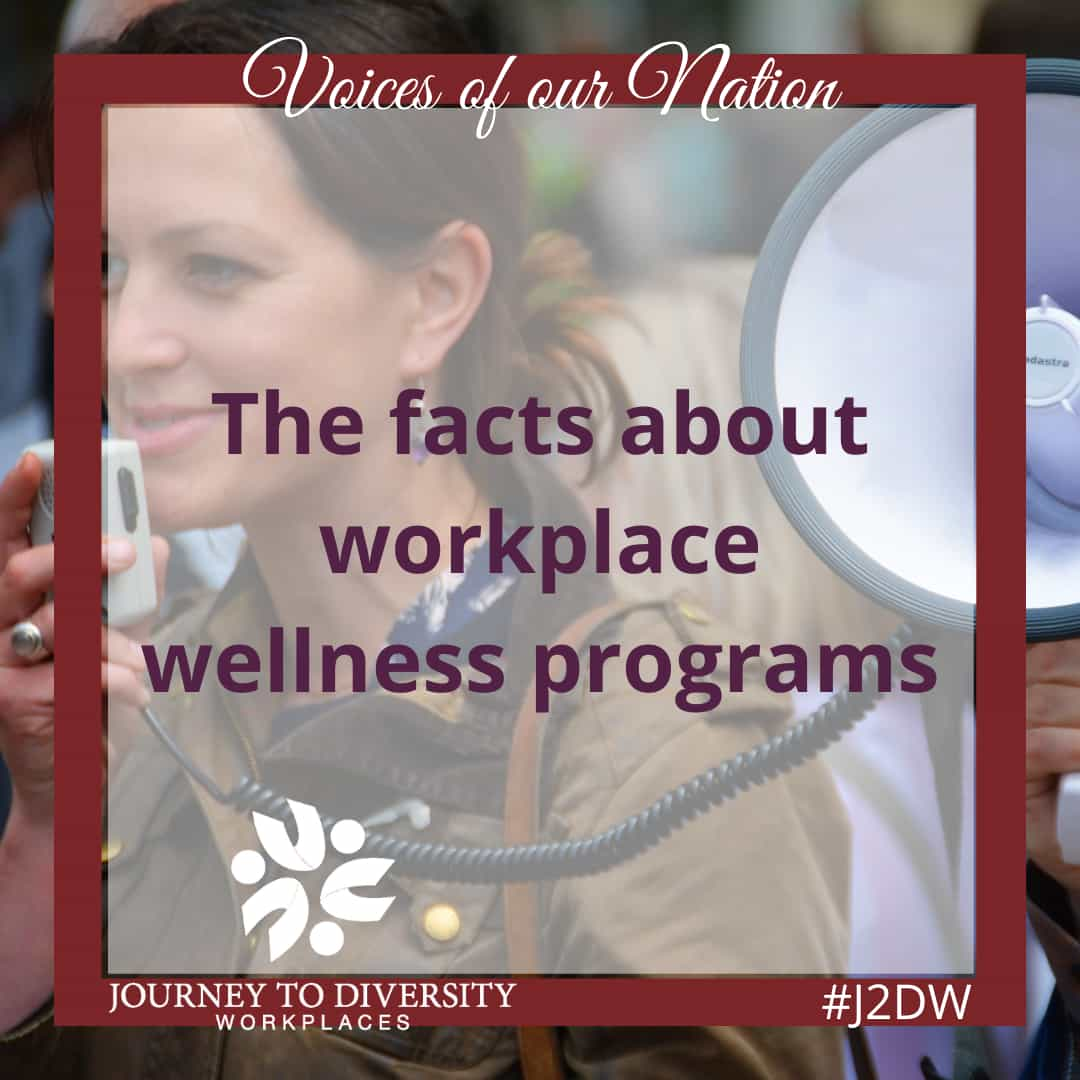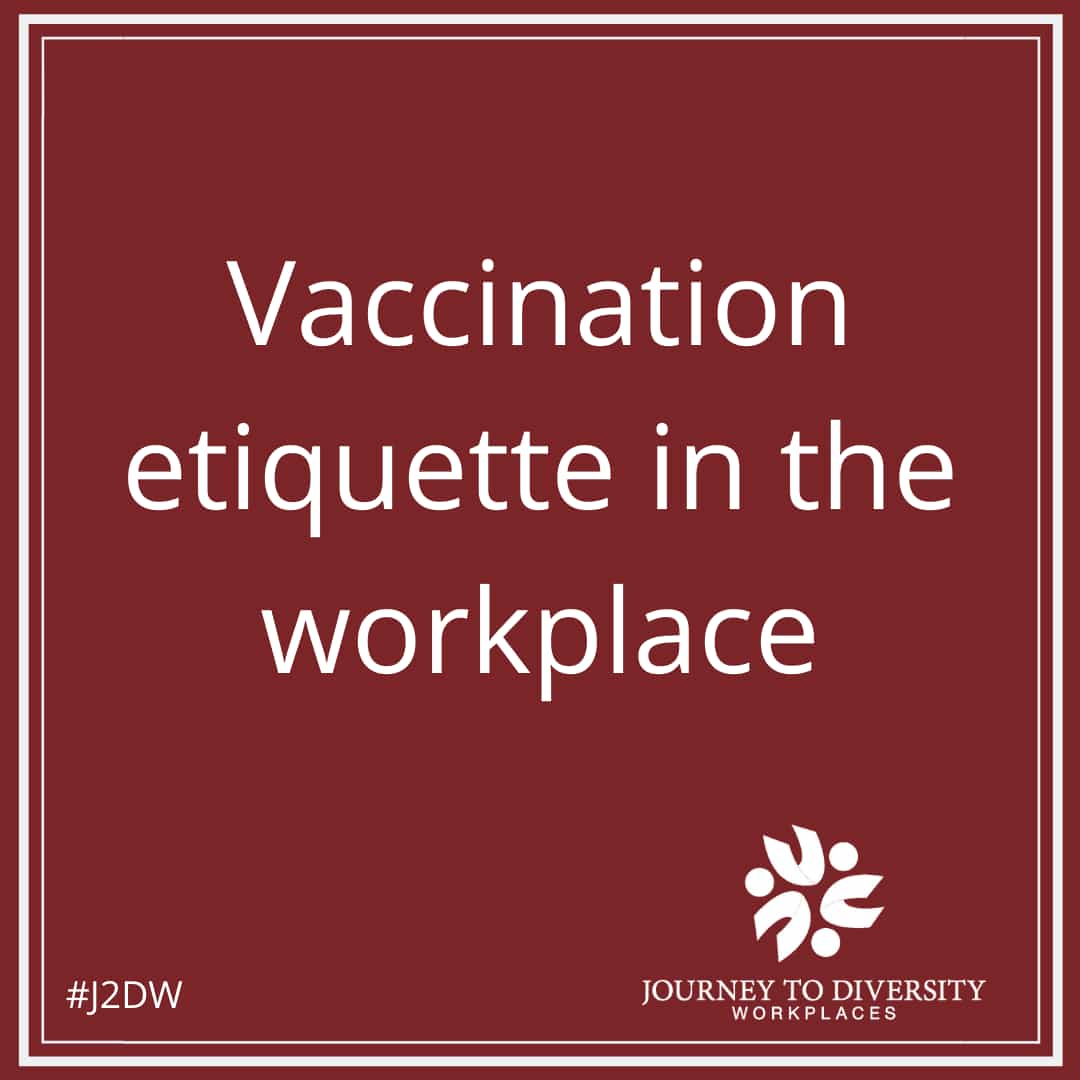As much as a business is a vehicle for profit, it is capable of being a force for good. Workplace wellness programs help businesses by improving the physical and mental health of their employees. This aims to give back to the business by increasing the capability of their staff to perform, and reducing expenses for health care coverage. In a 2014 U.S. study, workplace wellness programs were divided into the following categories, from most to least frequent: Nutrition/Weight Management, Smoking Cessation, Fitness, Alcohol and Drug Abuse, Stress Management, Health Education, and Other. Many businesses use financial or social incentives to help motivate staff to participate.
Workplace stress influences behaviours like productivity, staff turnover, employee satisfaction, and absenteeism. A 2017 survey said 25 percent of Canadians have left jobs due to stress and 17 percent were considering it. Furthermore, a study from Health Canada in 2000 showed the increased health risks of high stress environments. When expected to contribute high effort for little reward there is a 2-3x increased risk of injuries, 2x risk of substance abuse, 3x risk of heart problems and back pain, and a 5x increased risk of certain cancers. In a high-pressure environment where employees have little control over their work, there are 2-3x risk of infections, mental health problems, and conflict; as well as greater risks of cancer and injury.
Depending on which study you look at, the efficacy of workplace wellness differs. An abstract posted in the Journal of Occupational and Environmental Medicine in 2011 claims measurable improvements in “those who are underweight, those with high systolic or diastolic blood pressure, high total cholesterol, high low-density lipoprotein, low high-density lipoprotein, high triglycerides, and high glucose.”. Another study, from Rand Health Q. in 2013, concluded that the impacts of a wellness program are sustainable and “clinically meaningful” but estimated that savings on health coverage could be lacklustre.
Other studies, including a publication from Harvard, cited no clinical differences and cautioned that return on investment (ROI) would be underwhelming in the short term. It should be obvious that aside from smoking and other dangerously bad health habits, no one should expect a large ROI in as little time as a year or two. Workplace wellness is a long-term investment that protects the longevity of workers and improving fitness and wellbeing takes time.
When administering a wellness program, large companies have the benefit of a greater administrative task force, bigger budgets and facilities. Small businesses must overcome potentially rural settings with less access to providers, smaller budgets, fewer management hours, and increased difficulty of protecting employee privacy. Employee assistance programs are popular among big businesses offering aid with mental health issues or substance abuse problems. Big firms also occasionally have 24/7 Teladoc services, paid naps, in-house chefs to cook nutritious meals, free gym memberships, on site fitness classes, and unlimited paid time off. These perks sound great, but what about small businesses?
A small business can either build their own program or hire an external provider to manage the program. If going it alone there are two pillars to nailing wellness for small businesses. The first one is to be creative and aware of the needs of the workforce. Doing a little research in the form of surveys can help illuminate needs and wants of employees. Be weary that surveys aren’t always 100 percent reliable. The second is having a strong communication strategy; winging it can run the risk of coming off as unprepared and can damage employee buy-in.
Once the foundation is laid a quick trip to Google will net hundreds of creative options that work for a wide variety of unique business formats. The program can be as simple as encouraging extra walking breaks, free healthy snacks, or putting together an email newsletter to educate staff on the benefits of different healthy activities. These days it is not enough to just pay your employees, and most will appreciate the extra care and investment in their well being.
References
https://www.monster.com/career-advice/article/companies-good-wellness-programs
https://hms.harvard.edu/news/do-wellness-programs-work
https://pubmed.ncbi.nlm.nih.gov/33289018/
https://www.ncbi.nlm.nih.gov/pmc/articles/PMC4945172/
https://www.reference.com/world-view/percentage-lives-spent-working-599e3f7fb2c88fca
ORGB (2018) Nelson, Quick Armstrong, Roubecas, Condie
This article was written by summer student Adam best and edited by summer student Hannah Mastin. Thia article was funded by the Government of Canada.


